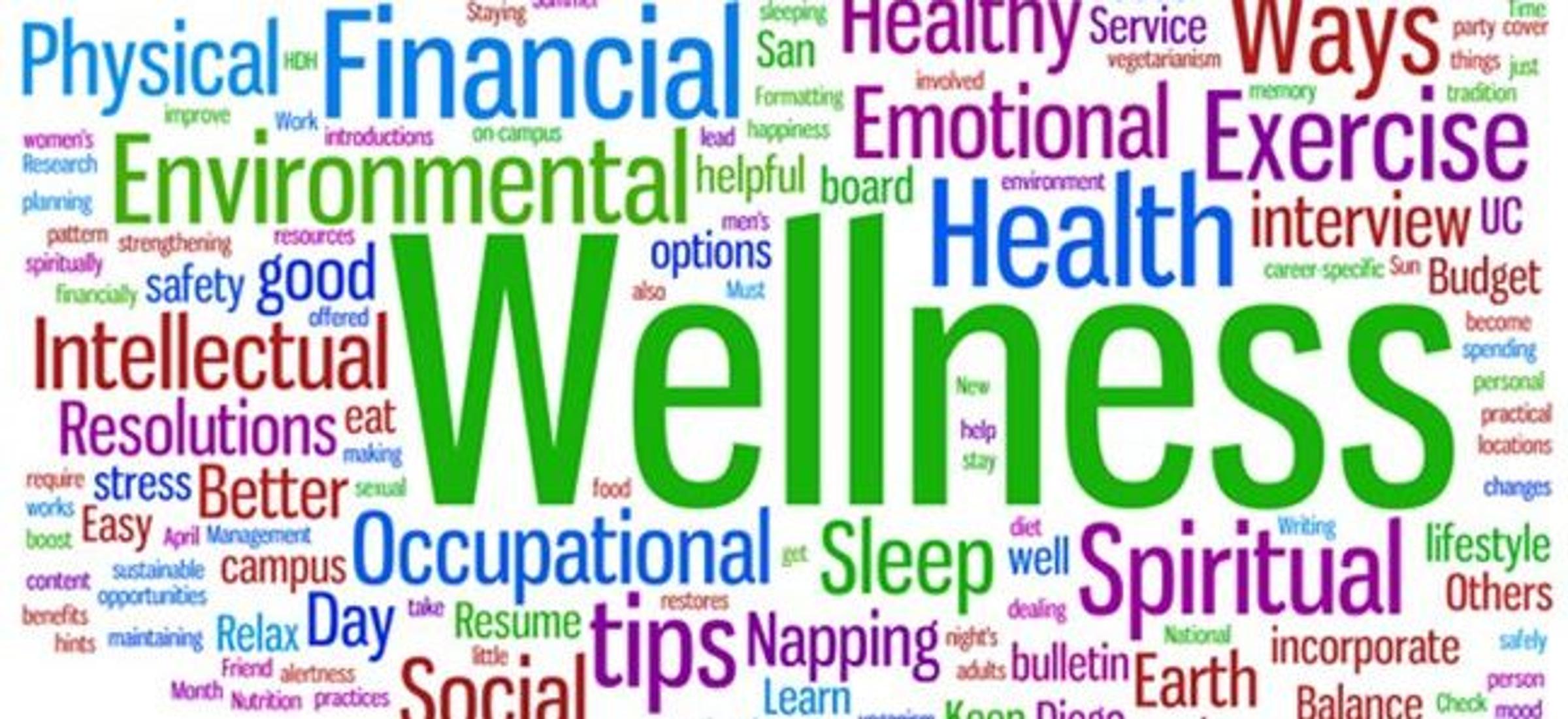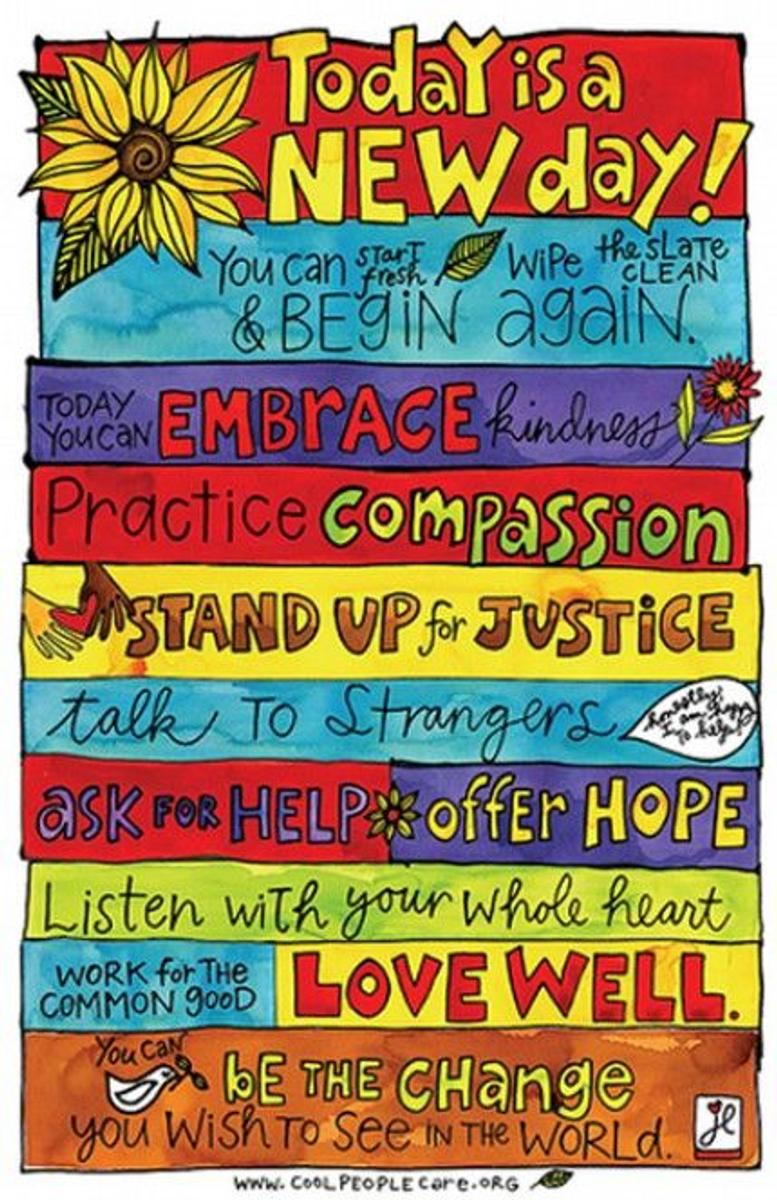Student Wellbeing

Frankston High School has a comprehensive Student Wellbeing Team responsible for the wellbeing of its students who work between the Year 7-10 Campus and Senior Campus.
STUDENT WELLBEING TEAM
The Student Wellbeing Team are concerned with the welfare of students and are available to counsel students with problems and to consult with parents/carers. They are available to students and their families, offering support through individual counselling, group support and in secondary consultation with teachers.
The Student Wellbeing Team also liaise with welfare services beyond the school and are able to refer people to these agencies where appropriate, our team also responds to the needs of the school through school activities which enhance the wellbeing of the school community.
COUNSELLING SERVICES
The counselling services are available to help students with a range of issues that include:
- Emotional concerns such as anxiety, grief and loss, depression, low self-esteem
- Family issues such as separation/divorce, parenting difficulties, parent-child or sibling relationships
- Peer and social issues such as bullying, peer relationships and social skills
- School related issues such as transition, motivation and organisation
- Stress management
- Anger management
- Developmental disorders
- Drug and alcohol issues
- Identity issues
- Health and general wellbeing
REFERRAL
Students are encouraged to self-refer. They may also be referred by teachers, parents or other professionals (eg. Doctor). The Wellbeing Team also liaise collaboratively with other mental health professionals or community based services where appropriate.
CONFIDENTIALITY
Discussions with students are confidential. Each student is treated with respect, without discrimination or judgement. When information is shared outside the counselling space this is done with the consent of the student and or parent/carer. As a team, there are instances where we may discuss our support with others in the team in a peer supervision environment to ensure that we are supporting the student adequately.
Although our goal is to always have the consent of the student, due to mandatory laws and professional expectations there are times where the Wellbeing Team are bound to share information with others e.g. parents/carers, relevant senior staff, or government agencies. These situations include:
- The student is at risk of harm to themselves or others
- A serious crime has been committed
- There has been a subpoena served to present documents to court.
The start of the school year invariably brings a certain level of stress to us all.
Self confidence is often an issue and teenagers in particular, struggle with this. They are confronted with a variety of tough issues and learning how to deal with them can test their confidence. Physical appearance as well as being accepted in friendship groups is a stressor. In return this shows up in how they behave in public, their performance in school and other areas of their life, and family expectations. By becoming more accepting of themselves, teenagers become better equipped to deal with hurtful things that may damage their self-confidence. This LINK will hopefully help us navigate through this.
Contact numbers worth saving:
- Lifeline: 13 11 14
- Kids Helpline: 1800 55 1800
- Beyond Blue: 1300 224 636
- 13YARN: 13 92 76
- ReachOut Peer Chat: Book a one-on-one appointment to chat to a peer worker (for ages 18–25)
Wishing you all an amazing academic year 2024.
Wellbeing Team @FHS
Top tips for supporting your young person through high school
- Encourage positive sleep routines – teenagers need 9-10 hours of sleep per night
- Remove distractions from the study environment – discourage phone use and TV background noise when studying (there are apps that can shut off phones for particular periods of time – such as during study time)
- Encourage balance – this is important for protecting a young person’s wellbeing, this could include participation in a team sport, exercise or a hobby
- Monitor their Compass profile by checking attendance and learning tasks, contact teachers or the Sub School if you notice they’re falling behind and need support (there is a strong correlation with attendance and academic performance)
- Encourage positive study routines – it’s difficult to put a definite number on it as it can vary based on individual factors (learning styles, their academic program and goals), as a general guide 10 – 15 hours per week (highlighting study and homework are two different things)
- Encourage seeking held – we are here to help, remind your child that it is okay to seek help from their teachers, careers, wellbeing or the senior school team
OUR WELLBEING TEAM
Olivia Beale | Michelle Beirouti | Jarryd Brand | Myriam Camilleri |
Years 7-9 | Years 7-12 | Years 7-10 | Years 7-10 |
Student Counsellor | Student Wellbeing Coordinator | Student Counsellor | Student Counsellor |
Tue, Thu, Fri | Mon to Thu | Mon to Fri | Mon, Thu, Fri |
Melissa Donegan | Erin Gooding | Claudia Tymms | Ben Wilson |
Years 11-12 | Years 7-12 | Years 11-12 | Years 7-10 |
Mental Health Practitioner | Programs Coordinator | Mental Health Practitioner | Youth Worker |
Mon, Tue, Wed, Fri | Tue, Thu, Fri | Mon to Thu | Mon, Tue, Thu, Fri |



